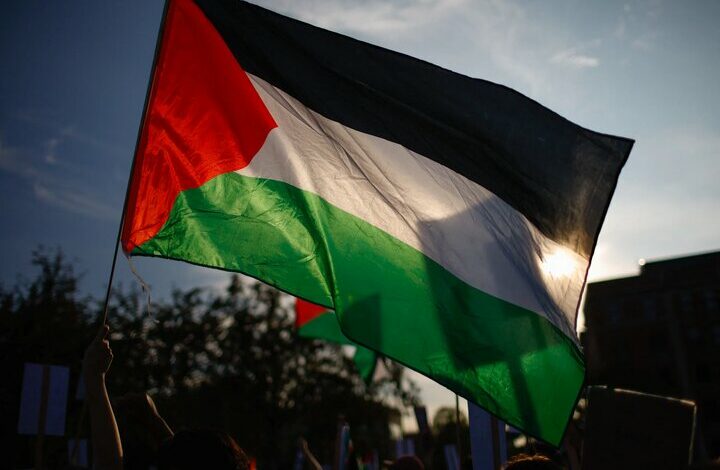Why Was the Sharm El-Sheikh Agreement Reached?

mehdi Afraz | International Desk: Hamas,like Iran and Yemen,accepted Trump’s proposed ceasefire,each driven by a logic and rationality. The resistance movements in Iran, Palestine, Yemen, and Lebanon utilize every available opportunity to advance their projects. In recent years, their goal has been to end mass killings and solidify the historic victory achieved on October 7 while thwarting all plans aiming at permanent displacement, occupation of Gaza by Israeli forces, or disarmament of resistance groups.
The exploitative nature of Western powers suggests they are unlikely to honor any agreement fully. This ceasefire likely serves as a temporary show to resolve two current deadlocks: firstly, relieving pressure on Trump amid calls for peace recognition such as a Nobel Prize; secondly, helping Israel escape its quagmire in gaza’s occupation plan.
If the occupiers comply with this agreement’s provisions, it would mark a significant victory for Palestinian resistance. Through the monumental courage of Qassam fighters and legendary perseverance by Gazans,they forced Israel into terms reminiscent of those from seventy years ago – reflected in today’s celebrations across Gaza neighborhoods.
However, if after Trump’s self-serving attempts at global leadership positioning and securing Israeli prisoner releases this deal collapses due to regime sabotage in its second phase-three new outcomes will follow: first, greater trust within Islamic nations especially among Gazans toward Hamas’ leadership and stronger public support for governing Gaza through Islamic resistance; second, elimination of negotiation prospects leading to broader conflict escalation; thirdly increased global condemnation and resentment toward Israel and the United States reaching unprecedented levels.
The most vital lesson so far is clear: no matter how much weaponry combines worldwide against them-the steadfast willpower and faith of this small strip’s people have repeatedly forced retreat against insurmountable odds. Even after 730 days since October 8th operations-and inflicting bloodshed on 200 thousand lives-Israel has gained no strategic or operational successes while Hamas continues rejecting imposed clauses outright but demands continued prisoner exchanges.
Historically consistent with reality is that no peace plan lacking full protection of Palestinian rights can succeed; it is doomed as were both Abraham Accords following stagnation-and Oslo Accords before them-because these frameworks ignored basic roots: occupation and denial of essential national rights.Until dispossession ends permanently-and Palestinians regain self-determination-any peace built upon such foundations remains temporary.
If some factions today refer to this accord as “peace,” they must recognize that Palestinians have irrevocably entered a new era.The Al-Aqsa storm uprising combined with Israel’s frenzied retaliation destroyed all fragile bridges between Palestinians and Zionists forever – transforming relations into an irreversible divide.
Previously-even amid decades-long conflict-a faint hope remained for coexistence or minimal political engagement between communities at some level. Yet unprecedented massacre scale strikes deep wounds into Palestine’s collective memory leaving no room for shared futures or any genuine paths toward peaceful coexistence with this entity.


